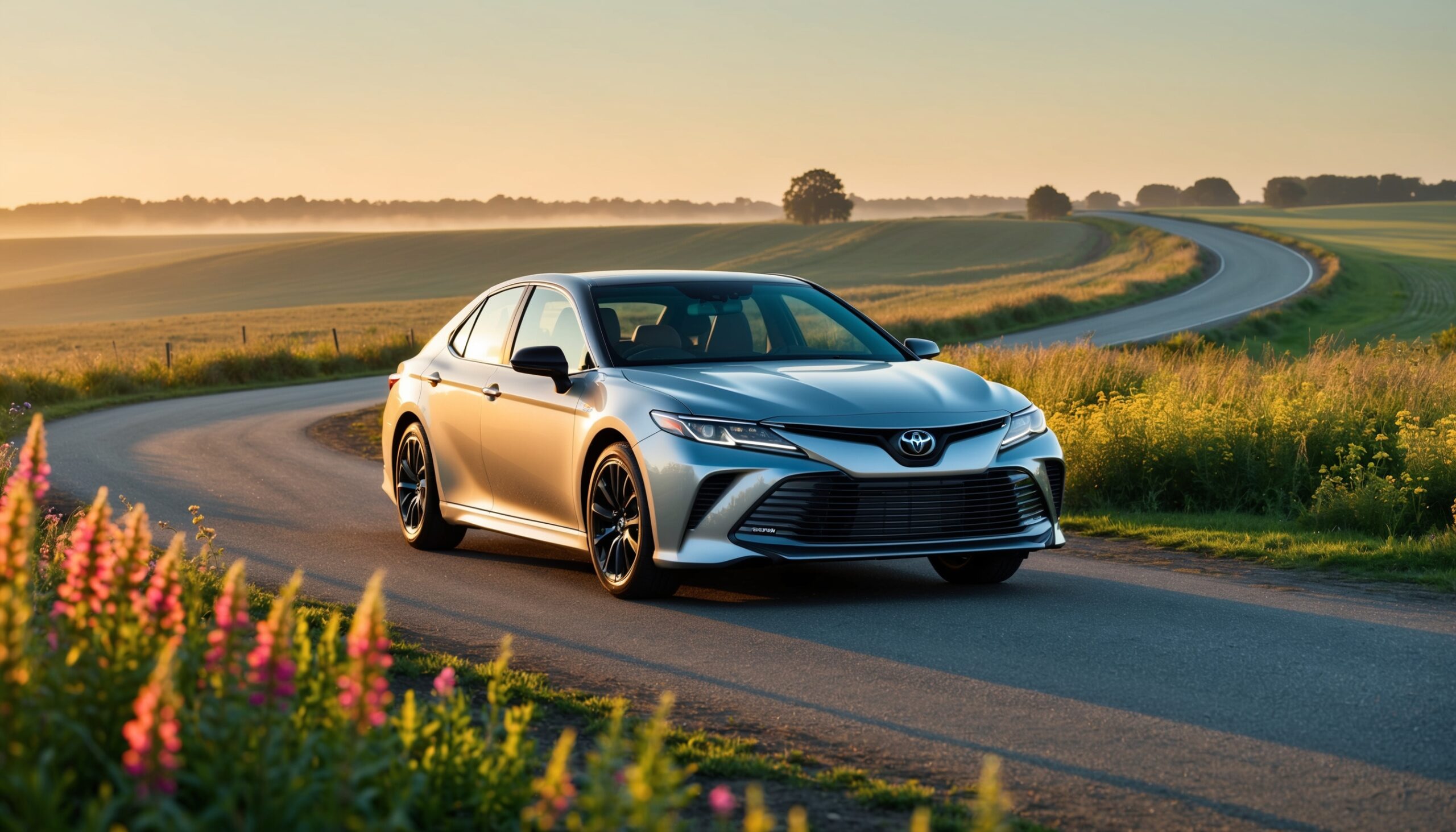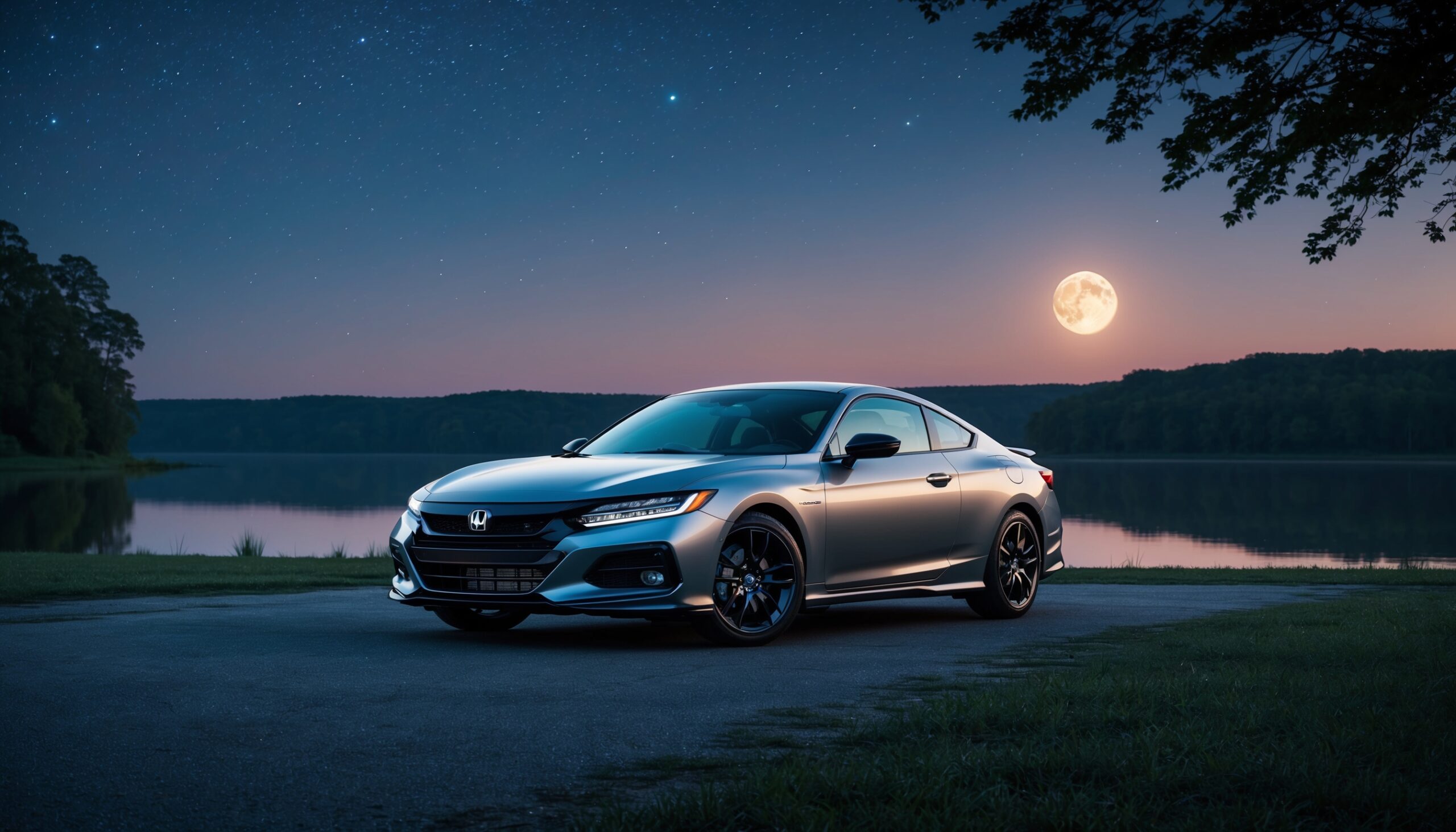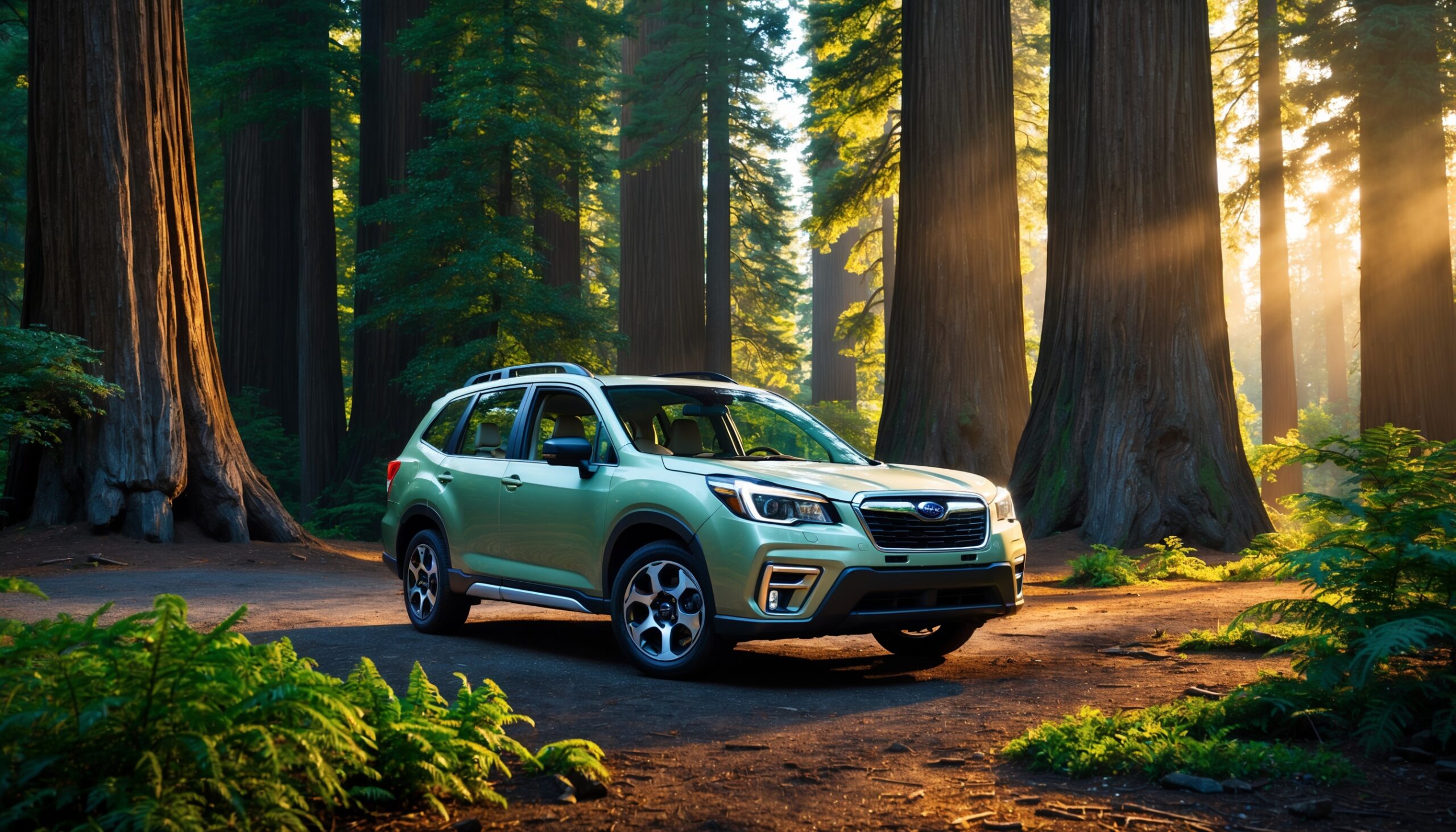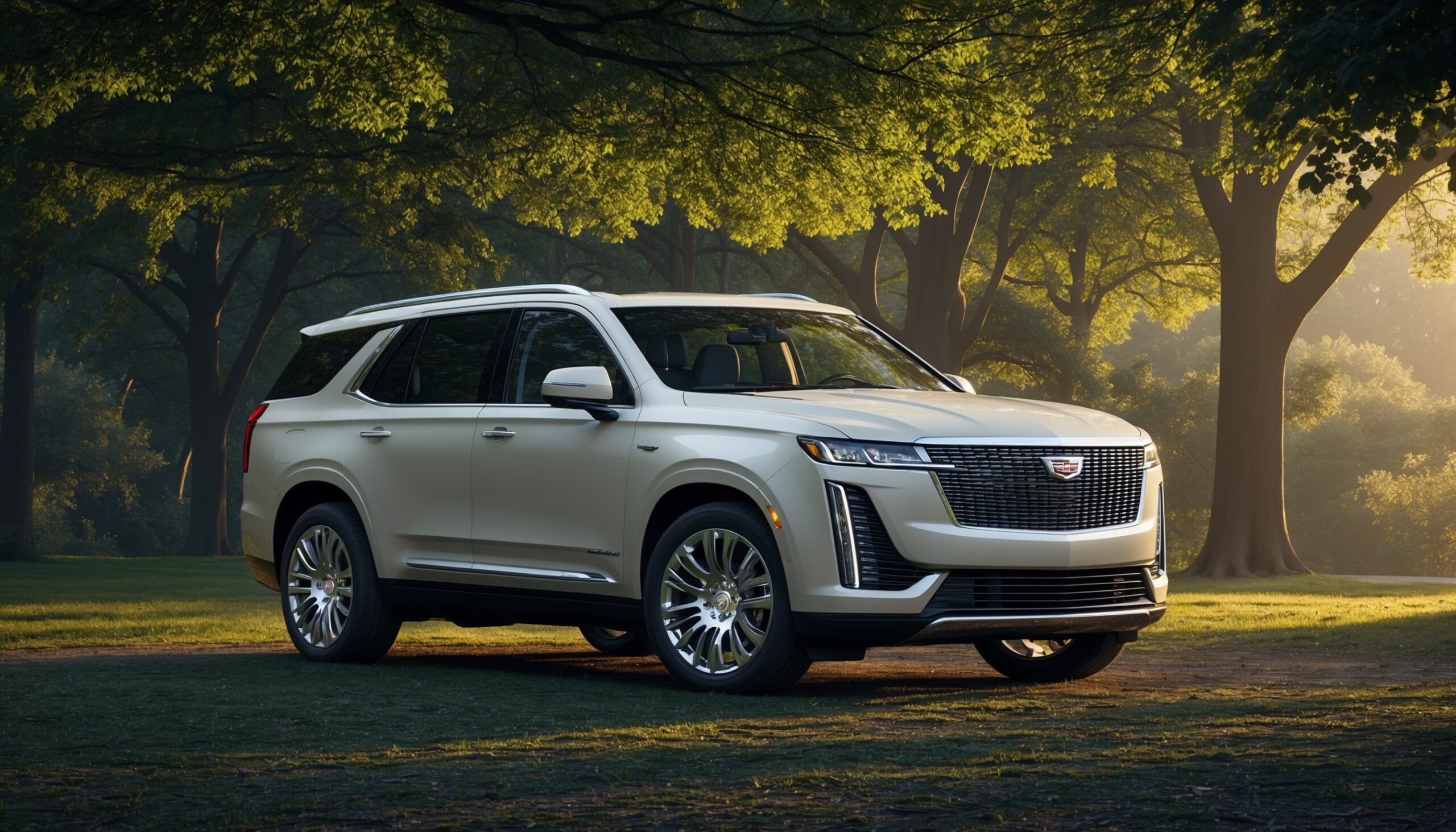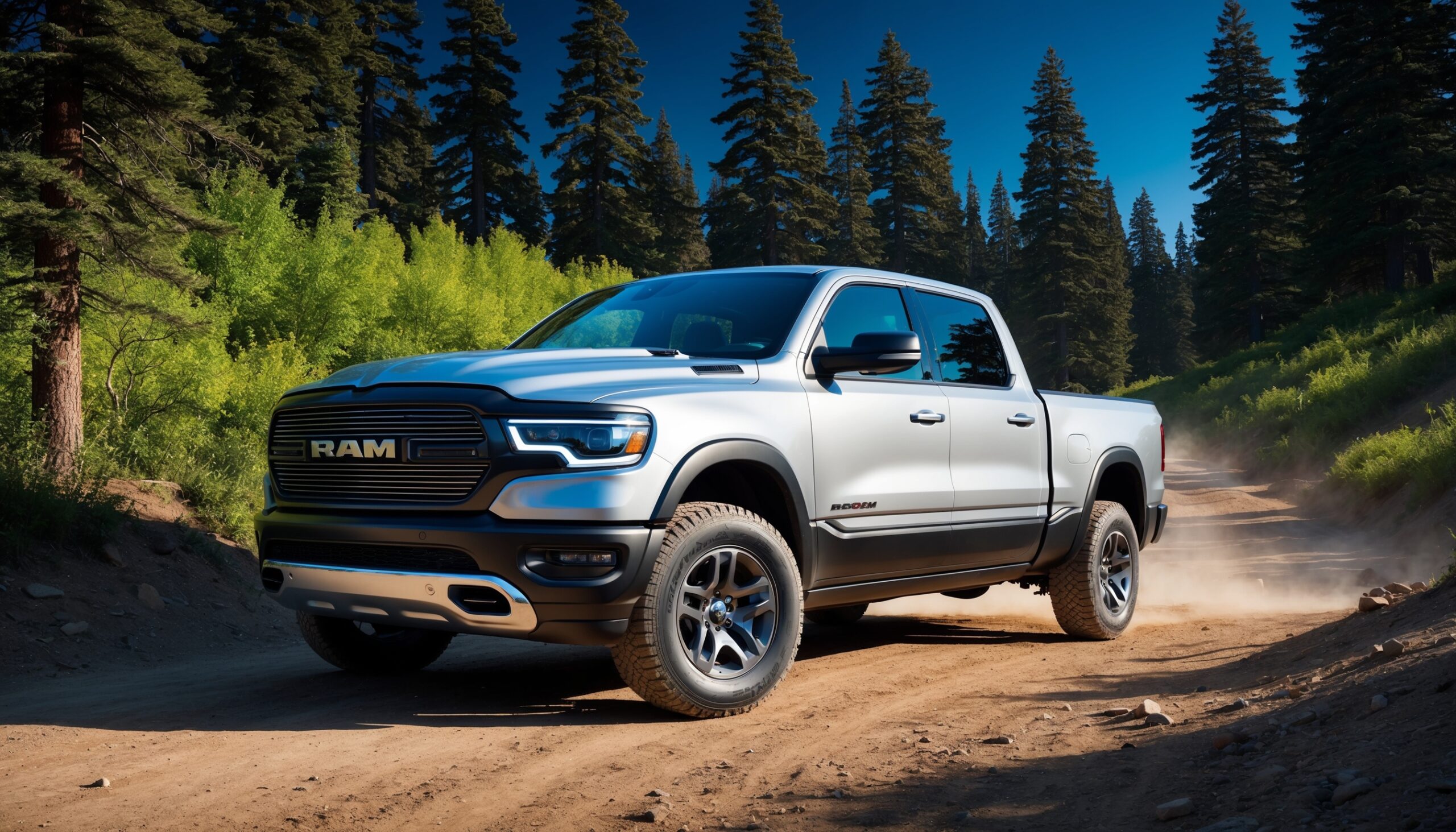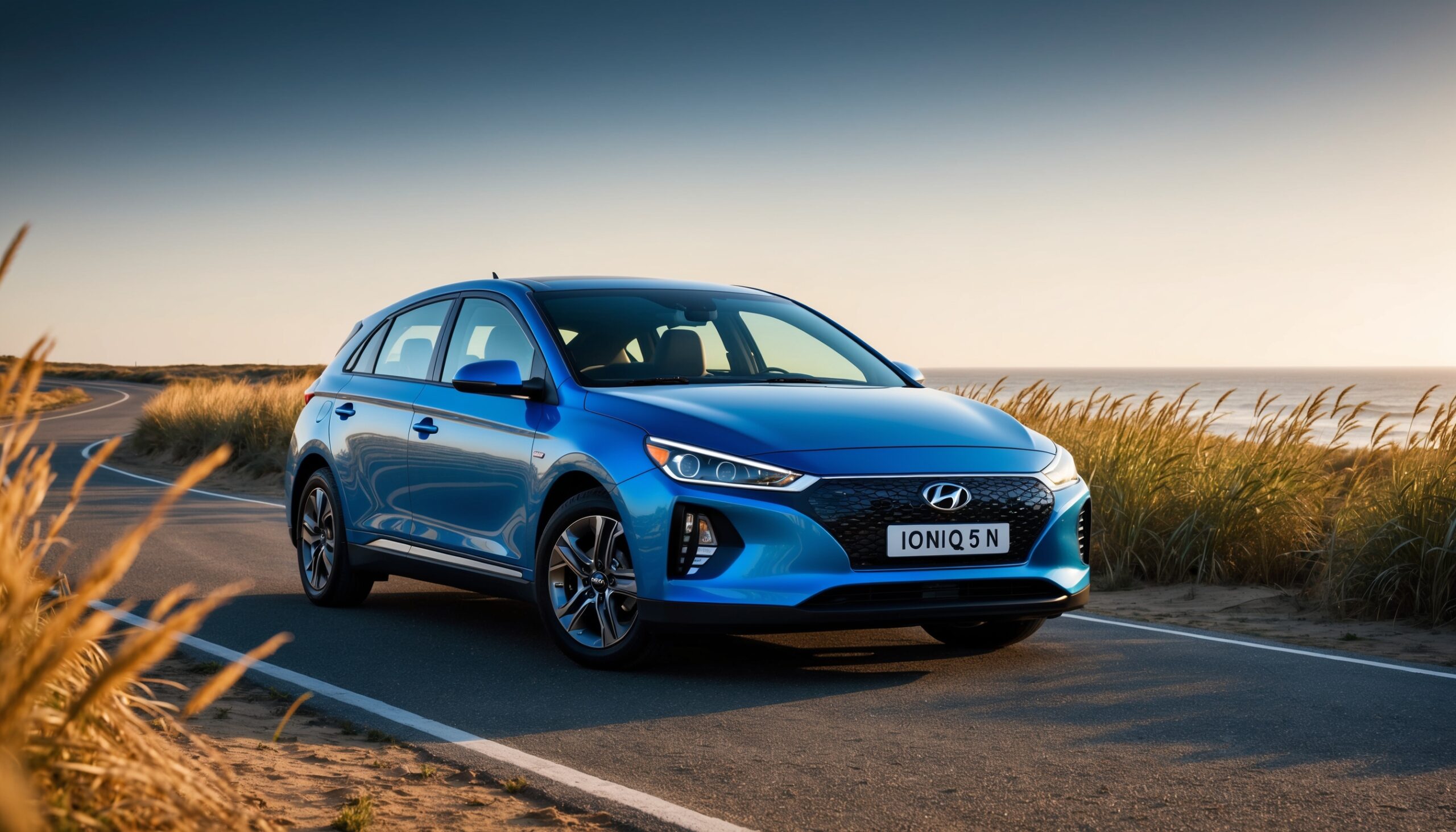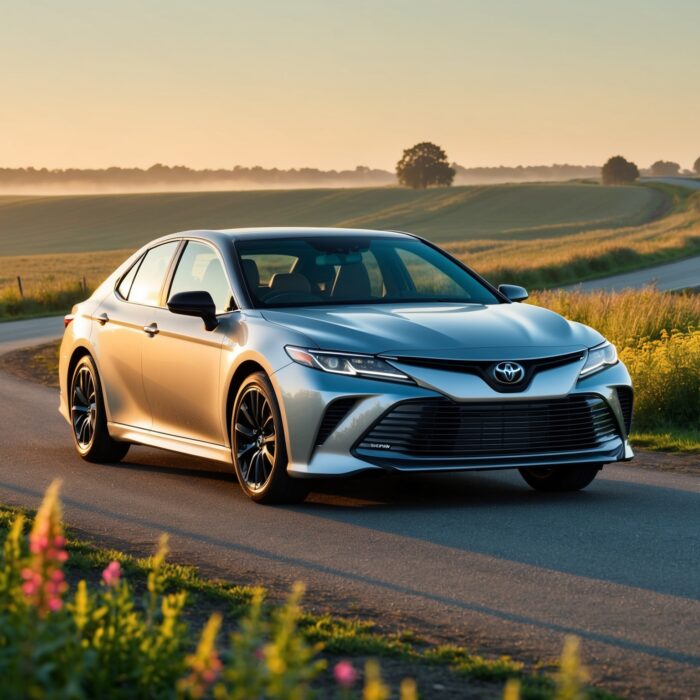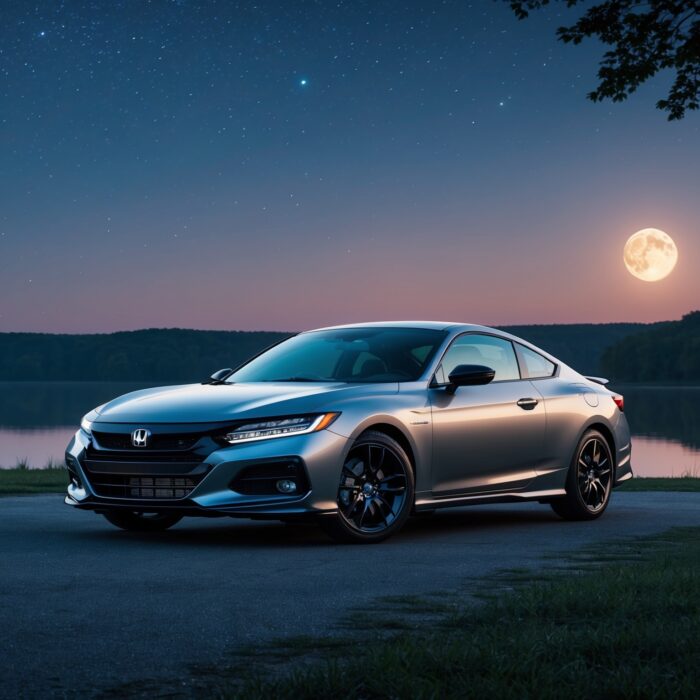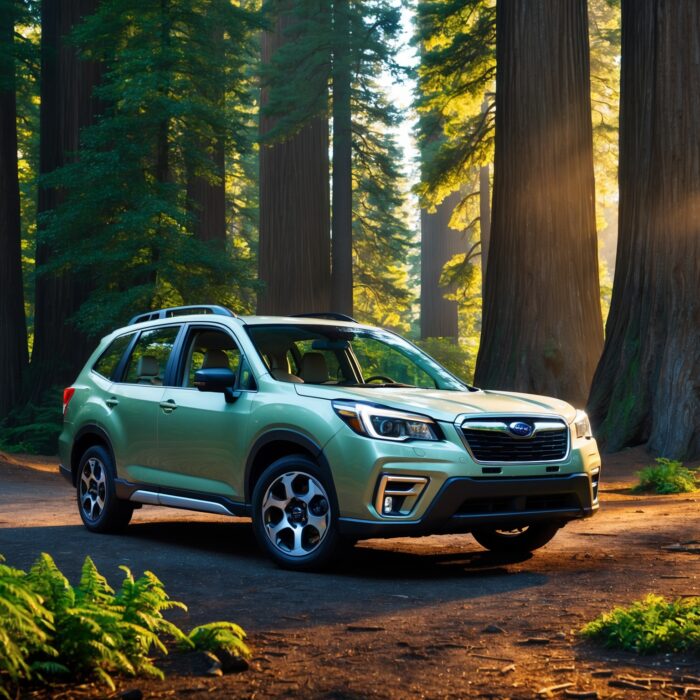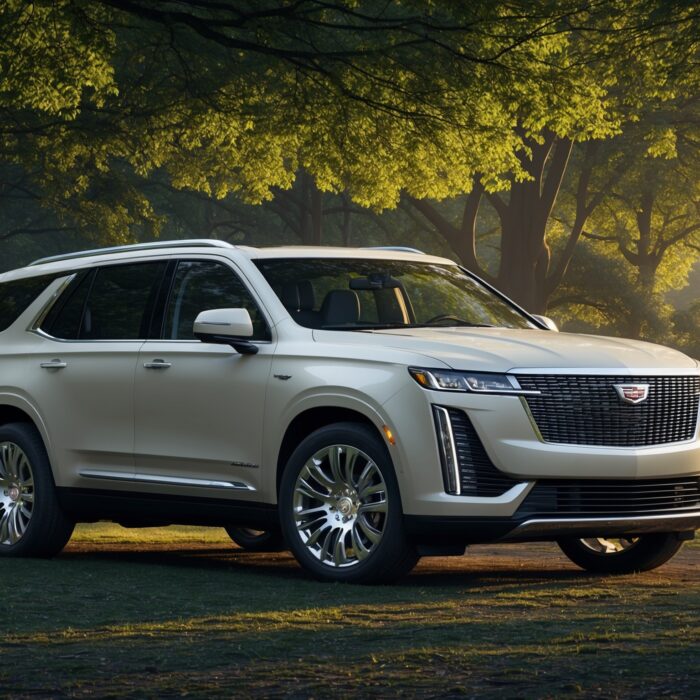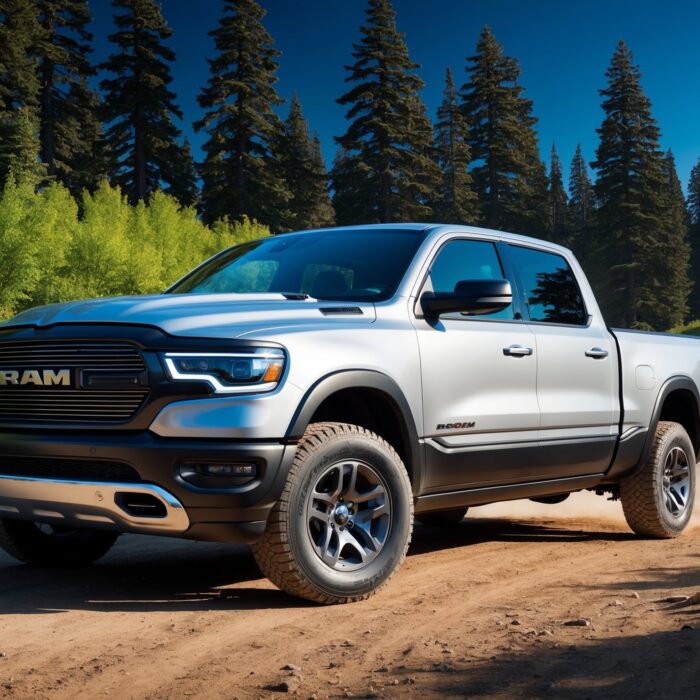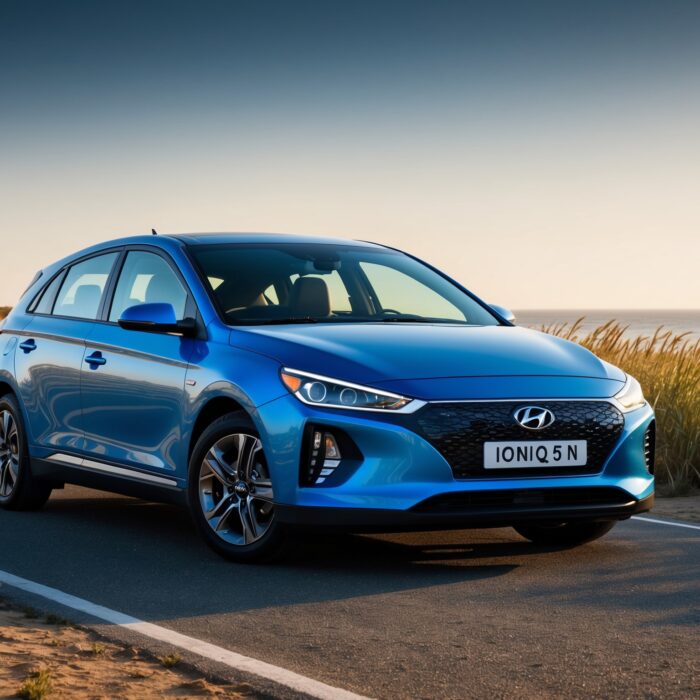Hybrid Vehicles Surge as EV Momentum Slows in the U.S. Market
The automotive landscape is continuously evolving, and the latest trends reveal a fascinating shift in consumer preferences. While electric vehicles (EVs) have garnered much attention in recent years, hybrid vehicles are making a remarkable comeback. In this post, we will dive deep into the current state of hybrid vehicles, explore why their popularity is on the rise, and analyze the factors contributing to the slowing momentum of EVs in the U.S. market. Buckle up as we navigate through the numbers, technologies, and consumer sentiments that are shaping the future of the automotive industry.
The Hybrid Vehicle Renaissance
Hybrid vehicles, which combine internal combustion engines with electric propulsion, are witnessing a significant resurgence in popularity. According to recent statistics, hybrid sales in the U.S. have climbed steadily over the past few years, outpacing growth in the fully electric segment. As of 2023, hybrids account for nearly 30% of all vehicle sales in the United States, a noteworthy increase from previous years.
What is driving this hybrid renaissance? Here are some key factors:
- Improved Fuel Efficiency: Modern hybrids offer impressive fuel economy, making them attractive for cost-conscious consumers.
- Range Anxiety Reduction: With a gasoline engine as backup, hybrids eliminate the range anxiety that often accompanies purely electric vehicles.
- Increased Model Availability: Automakers are expanding their hybrid offerings, providing consumers with more choices than ever.
- Environmental Awareness: Many buyers are looking for greener options without fully committing to electric vehicles.
- Government Incentives: Various tax credits and rebates continue to make hybrids an appealing option for environmentally conscious buyers.
The Shift from Electric to Hybrid
While hybrids are gaining traction, the momentum of electric vehicles seems to be plateauing. Several factors contribute to this shift:
- Charging Infrastructure: Despite advancements, charging stations remain less ubiquitous than gas stations, making EV ownership less convenient for some consumers.
- Cost of Entry: Many fully electric vehicles come with a higher price tag, which can deter potential buyers. Hybrids often offer a more budget-friendly entry point into the world of eco-friendly driving.
- Technology Maturity: The hybrid technology has been around longer than fully electric vehicles, leading to consumer familiarity and trust.
- Performance and Versatility: Some consumers prefer the driving dynamics of hybrids, which can offer a more powerful driving experience compared to entry-level EVs.
- Market Saturation: As more manufacturers enter the EV market, the competition is fierce, which may slow growth as consumers weigh their options.
Consumer Sentiment and Preferences
Understanding consumer sentiment is crucial when examining the shift towards hybrids. A recent survey highlighted several key points:
Also Read: GM and Hyundai’s Strategic Alliance: Hybrids and ICE Vehicles Make a Comeback
- Concerns About Battery Life: Many potential buyers are still wary of battery degradation and replacement costs associated with EVs.
- Desire for Flexibility: Consumers appreciate the flexibility that hybrids offer, especially in regions where charging infrastructure is still developing.
- Interest in Sustainability: A growing number of buyers are motivated by environmental concerns but seek a practical solution that fits their lifestyle.
- Brand Loyalty: Established automakers with a strong reputation for reliability in hybrids, like Toyota and Honda, are benefiting from consumer loyalty as they explore new models.
Technological Advancements in Hybrid Vehicles
One of the driving forces behind the resurgence of hybrid vehicles is the continuous technological advancements being made in the field. Here are a few noteworthy innovations:
- Battery Technology: Improvements in battery design and efficiency have allowed hybrids to achieve higher electric-only ranges.
- Regenerative Braking: This technology captures energy usually lost during braking, enhancing overall efficiency.
- Integrated Systems: Advanced power management systems enable seamless transitions between electric and gasoline power, optimizing performance.
- Lightweight Materials: The use of lightweight materials in hybrid construction contributes to better fuel efficiency.
- Smart Driving Features: Many new hybrids come equipped with driver-assistance technologies that enhance safety and fuel economy.
Market Leaders in the Hybrid Segment
As the hybrid market continues to grow, several brands have established themselves as leaders in this space. Let’s take a closer look at some of the most popular hybrid models:
Toyota Prius
Often hailed as the original hybrid vehicle, the Toyota Prius remains a top choice for eco-conscious consumers. With its iconic design and proven hybrid technology, the Prius has set the standard for fuel efficiency and reliability.

Honda Accord Hybrid
The Honda Accord Hybrid combines the practicality of a midsize sedan with hybrid efficiency. It offers a spacious interior, advanced safety features, and a smooth driving experience.
Ford Escape Hybrid
For those seeking a compact SUV, the Ford Escape Hybrid provides versatility and efficiency. With ample cargo space and modern technology, it’s a compelling option for families.
Hyundai Sonata Hybrid
The Hyundai Sonata Hybrid is known for its sleek design and advanced features. Offering a comfortable ride and excellent fuel economy, it appeals to a wide range of buyers.
Kia Niro
The Kia Niro is a unique crossover that blends practicality with hybrid technology. Its spacious interior and user-friendly tech make it a favorite among consumers.
The Future of Hybrid Vehicles
As we look to the future, the hybrid vehicle segment is poised for continued growth. With advancements in technology, government support, and shifting consumer preferences, hybrids are likely to play a pivotal role in the automotive landscape for years to come.
Moreover, as automakers invest in research and development, we can expect to see even more innovative hybrid models hitting the market. This evolution will not only meet the demands of eco-friendly driving but also cater to diverse consumer needs.
Final Thoughts
The resurgence of hybrid vehicles in the U.S. market signifies a pivotal moment in the automotive industry. While electric vehicles have captivated attention, hybrids offer a practical solution for those seeking efficiency without sacrificing convenience. At Torque Feed, we believe that the evolution of automotive technology will continue to surprise and delight car enthusiasts and everyday drivers alike. Whether you’re a long-time hybrid fan or considering making the switch, there has never been a better time to explore what this segment has to offer.
As always, we encourage our readers to stay informed and engaged with the latest trends in the automotive world. The shift towards hybrids is just one of the many exciting developments shaping the future of mobility. So, what are your thoughts on this resurgence? Are you team hybrid or team electric? Let us know in the comments below!
Also Read: Enhancing Automotive Cybersecurity in an Era of Growing Connected Car Risks

